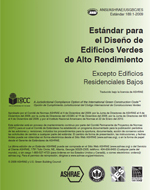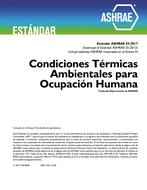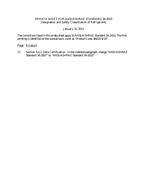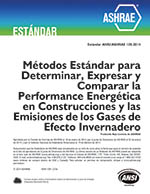Description
Pulse width modulated (PWM)drives are widely applied in variable-speed HVAC fluid-drive systems. Shorter pulse rise times and peak vervoltages at high switching rates subject today’s motors to severe insulation stress. In high-voltage (>115 kV)and medium-voltage (>2.4 kV)motors, partial discharge detection methods can be used to monitor for insulation breakdown. Partial discharge is not expected in low (<600V)voltage motors,so an alternative means of detecting early stage insulation breakdown is sought. A high-risk, low-cost feasibility study was performed with the objective of btaining data against which a concept for detecting insulation degradation in low-voltage, PWM-controlled motors could be tested. A 37.3 kW (50 Hp)motor and drive were used in the experiments.The end turn of one phase coil was locally heated to weaken the insulation and accelerate breakdown,and 1.2 MHz bandwidth measurements of current and voltage were recorded n the faulted phase. The first set of tests reported in this paper followed a carefully delineated plan in which data were acquired under steady-state conditions. Thermocouple temperature readings made at the end of the stator core ranged from 70 °C to 252 °C during testing. Although failure was expected to occur during this series of tests,the motor did not fail, nor did the recorded data show any signs of motor degradation. Analyses of the data acquired during the first series of tests are summarized in this paper. Results of the analysis of the data acquired during a second series of tests in which the motor did fail are presented in Part II of this two-part paper.
Units: SI
Citation: Symposium, ASHRAE Transactions, vol. 108, pt. 2
Product Details
- Published:
- 2002
- Number of Pages:
- 8
- File Size:
- 1 file , 340 KB
- Product Code(s):
- D-8858




